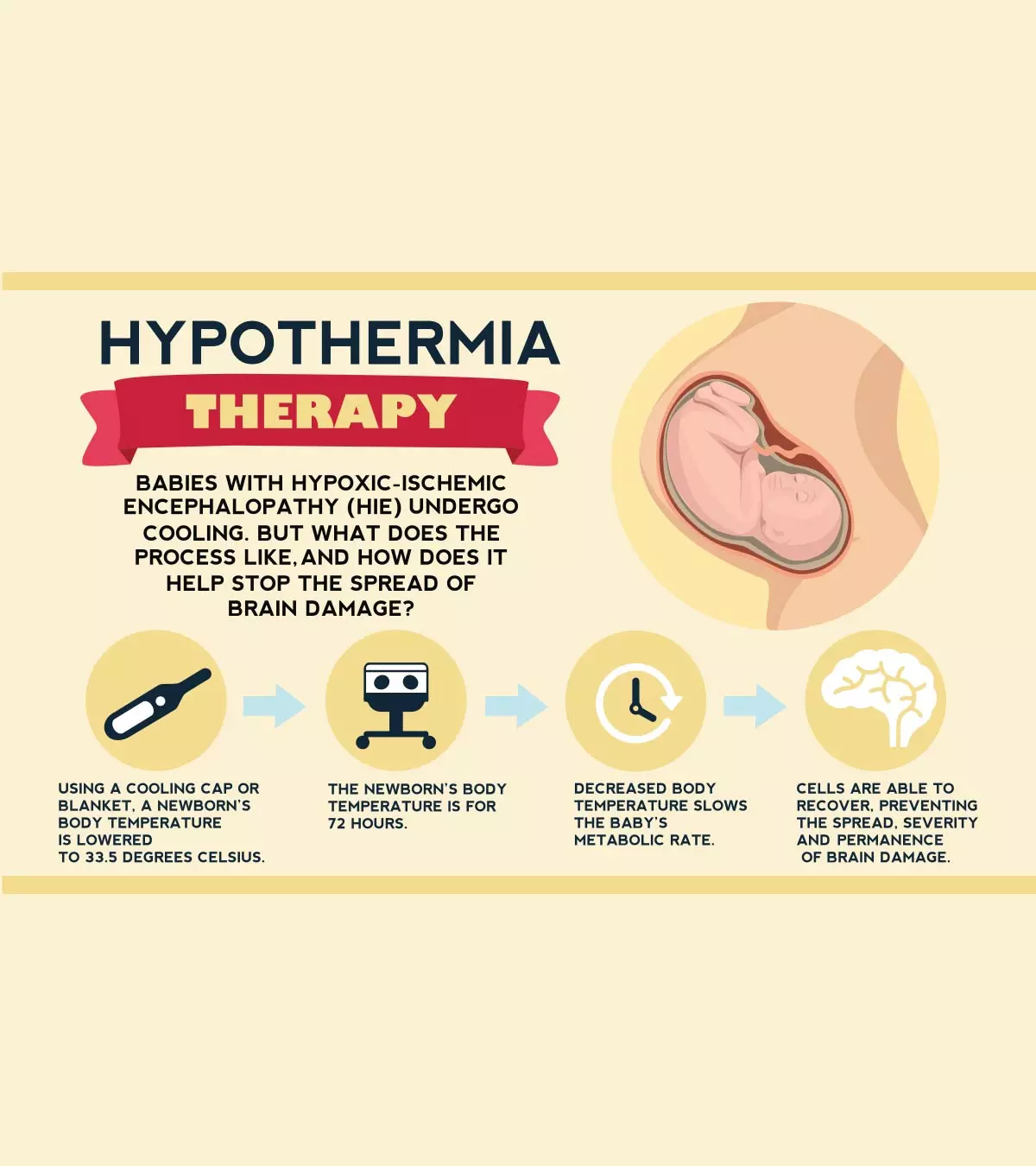

Image: Shutterstock
Changes in marriage after a baby can be quite exciting and draining at times. The arrival of the little one sends your life into a new spiral. While the baby’s birth brings positive changes in some, others find it hard to cope with the new responsibility. When a baby is born, it is likely that the wife’s attention shifts from the husband primarily to the baby. In some cases, the husband feels neglected, and this may cause rifts in a marriage. Similarly, the wife may think her husband is not being responsible while raising the baby. Read on as we talk about common issues in marriage after having a baby.

Does Marriage Change After a Baby?
A baby adds a new dimension to your marriage. You are not a couple anymore but a family.
The bond between some couples grows stronger and deeper as they respect each other’s new roles as parents. As you share the experiences of raising a child, you get closer to your partner. Your understanding and communication may improve over time.
On the flip side, with a baby on board, couples may experience sleep deprivation, time constraints, tiredness, lack of free time, and career or finance-related issues. For experienced parents, the situation can become more challenging when older children demand additional attention.
It will surely be a learning curve for the initial few weeks or months after your baby arrives. With the right support and understanding, you can weather the changes in your marriage.
Why Do Relationships Change After a Baby?
New parents—both the mother and the father—respond and adjust to the new challenges differently.
- Lifestyle changes: Earlier, your lives revolved around handling your careers, socializing, relaxing, doing weekend chores, and grocery shopping. Now, your priorities change to feeding the baby, calming the baby, and doing their chores.
- Less time together: With the baby taking most of their time, partners often complain about not getting enough time to talk to each other, missing spontaneous outings or date nights, or feeling left out or less important as everything revolves around the baby. Regaining physical or sexual intimacy after pregnancy can also take time.
- Increased financial responsibility: With one partner being at home to take care of the baby, adjusting to the reduced income may sometimes mount pressure on a relationship. There can be emotional issues arising from the loss of financial independence or increased pressure on one partner to fend for the family.
All these changes may transform the dynamics of your marriage.
Marriage Or Relationship Issues After Having A Baby
You and your partner may go through relationship changes and issues while handling this new transition. Let us have a look at some of the most common ones.
1. Relationship difficulties arising due to baby blues
Some women may experience baby blues during the postpartum period. Emotional and physical changes can contribute to depression. New dads, too, may experience signs of depression and anxiety (1).
Changes in roles as a new parent, increased financial expenses, and social isolation right after the baby can also strain your relationship.
2. Different parenting styles
Parents may have differing views and opinions about raising a child. You may not share the views regarding discipline, food, or even bedtime.
Often, one parent may play the role of an expert and undermine the suggestions of the other. This can also cause the other partner to lose confidence. These issues may lead to conflicts between partners.
3. Communication issues
You may realize that the time you used to spend together talking to each other has changed to reminding responsibilities to each other. Partners may find it challenging to put things into perspective due to the lack of time and energy. Besides, sleep deprivation and tiredness can take away the time you may want to spend together.
4. Limited or no couple time
Caring for the baby and sleepless nights may leave parents with less or no time for each other. You may want to use the time you get after caring for the baby, to sleep and relax. Both partners may feel sidelined as the focus is now on the baby. You may miss those weekend movie shows, camping trips, or date nights at your favorite restaurant.
5. Dividing chores and responsibilities
Laundry, cooking, and cleaning—the chores before and after the baby remain the same. The difference is the lack of time and energy. Dividing household chores and responsibilities can be a cause of contention for new parents.
This may not be because your partner is not ready to help, but because there is no open communication between the two of you.
6. Extended family
After the birth of your baby, grandparents, friends, and extended family members may offer their support and advice. Some of their opinions and advice may not be agreeable with you, which is completely fine. However, partners may bicker over a disagreement when it involves their family members.
7. Regaining sexual intimacy
The emotional and physical changes may make it hard for you to regain your sexual intimacy. Women may be uncomfortable with the idea of sex as their body is recovering after childbirth. Also, breastfeeding can increase vaginal dryness and inhibit sex drive.
8. Financial difficulties
With the arrival of the new baby, expenses do shoot up. With one partner taking care of the baby at home, the other can feel the pressure of providing for the family. Although finance-related decisions require joint responsibility and discussions, they may sometimes create tensions.
How to Fix Your Marriage After the Baby?
Couples usually prepare themselves or seek help to manage the changes in their relationship after having a baby. More couples are opting for relationship counseling, and there should be no hesitation on your part in keeping that as an option.
You may try these tips to work things out together.
- Seek help when needed: If your partner experiences symptoms of postpartum depression or anxiety, seek medical help.
- Find common ground: You are different individuals, and differences in opinion are bound to occur. Therefore, respecting each other’s points of view will help. Accept each other’s way of doing things, and keep in mind that doing things differently does not mean that the other person is wrong.
- Have open communication: Open and honest communication can help new parents. Try to make time for each other, listen to each other’s perspectives, and avoid criticism or blame. If you have a babysitter or family member around, take some time out for yourselves. A short walk or having a meal together can help you reconnect and communicate with your partner.
- Spend quality couple time: Yes, you may have a shortage of time and energy, but make an effort to spend time as a couple. Try and do things that you used to enjoy doing together—maybe watching a movie or having takeout food. Choose a time when your baby is well-fed or asleep, even if it is for a few minutes. Finding time as a couple just to talk or hold hands can help you relieve stress and fatigue.
- Find some “me” time: Do not shy away to take some time off. You can take some time out with your friends or do things that make you feel relaxed and calm. Do not shy away from taking breaks for yourself.
- Divide chores: Sit and communicate with your partner about your needs. Divide to-do tasks and household chores. If possible, stick your list on the refrigerator.
- Handle conflicting advice and set boundaries: Sometimes, your friends and family may offer advice and parenting tips that you may not have asked for or are against your parenting ideas. These are all well-intended. However, if you disagree with anything, handle such situations politely without creating disagreements.
- When it comes to sex, listen to your body: Spending intimate moments with your partner can help you both reconnect. You may not be ready as your body may take time to recover. You can find other ways for physical intimacy, such as hugging, cuddling, and holding hands.
Take it slow and have a positive outlook when rekindling passion. Humor, care, and understanding can make you feel ready again.
Frequently Asked Questions
1. What percentage of couples face marital issues after having a baby?
Studies show that around 67% of couples experience a decline in their relationship after having a baby (2). Also, 40% of first-time parents argue more after their child is born (3). This can be because of the stress that parenthood brings, along with reduced time for yourself and your relationship.
2. Why am I so angry at my husband after having a baby?
Raising a baby can be stressful. As a new mother, you may be frustrated when the responsibilities of parenthood are not shared equally. Further, the discomfort of postpartum recovery and sleep deprivation can mentally take a toll on you, stirring up feelings of anger and frustration with your partner.
Although you feel excited about the arrival of your little one, lifestyle changes, lack of time, and increased responsibilities may bring new challenges. You may start facing difficulties in your relationship due to communication issues, financial instability, or difference in parenting styles. However, this is just a matter of time before everything starts falling in place again. If you feel overwhelmed by the new challenges, talk to each other, find time to spend together, or seek professional advice. Your marriage after baby may not seem the same, but a constant effort in working on your relationship will help build a stronger bond with your spouse.
Key Pointers
- A baby can bring major changes in day-to-day life, grave responsibilities, and added financial expenses.
- These changes may lead to a lack of togetherness and more arguments due to differences in opinions and added stress.
- Let one take care of your baby and spend some quality time together to cope with this overwhelming experience.
- Seek help from a therapist to deal with it effectively.
References
1. Matthey, S., et al.; Diagnosing postpartum depression in mothers and fathers: whatever happened to anxiety?: Journal of Affective Disorders (2003).
2. Must babies always breed marital discontent?; Americal Psychological Association.
3. Top 4 reasons couples argue after having a baby; Relate.
Community Experiences
Join the conversation and become a part of our nurturing community! Share your stories, experiences, and insights to connect with fellow parents.
Read full bio of Dr. Carlos Juan Carmona-Goyena
Read full bio of sanjana lagudu














